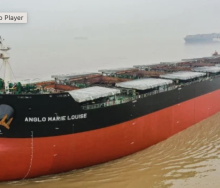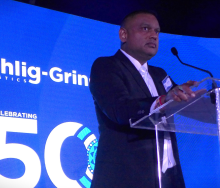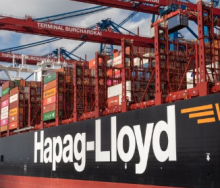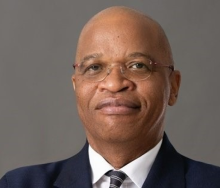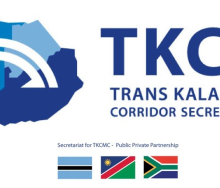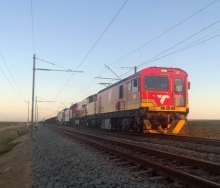With South Africa’s industrialisation already in a fragile state, manufacturers are bracing themselves for the impact of a looming strike by the National Union of Metalworkers of South Africa (Numsa).
Speaking at a media briefing in Johannesburg today, Numsa general secretary, Irvin Jim, said after four dispute meetings the union had failed to reach any agreement with employers in the Metal and Engineering Industries Bargaining Council.
“It is quite evident that the employers are imposing a strike onto us. Employers have forced us into this undesirable position because of the absurd offer which they have placed on the table. As Numsa, the strike was never on our agenda, purely because our core demands are affordable,” Jim said.
“We are calling on every concerned stakeholder to knock sense to the intransigent group of employers that have been frustrating the process of negotiations, or else we will shut down the entire economy on a scale which this country has never seen before.”
Numsa is demanding a 15% wage increase across the board based on the actual rate workers are earning, not on the new minimum rate. The increases must be backdated to 1 July.
But employers propose, among other things, a three-year agreement offering a 5.3% wage hike across the board for the first year of the agreement based on the minimum rate, and not the actual rate that workers are earning.
The metal and engineering sector wage agreement lapsed at the end of June.
If the strike goes ahead, key sectors that will be heavily affected include foundries, electronics and telecommunications, plastic and fabrication industries, machinery and equipment, electrical engineering, basic metals, heavy and light engineering as well as construction engineering companies.
Companies that supply critical parts to the auto industry, including Auto Industrial, Bell Equipment, CBI, Union Carriage and Wagon, Dorbyl, Marley Pipe System and Dana Spicer Axle among others, could also be affected by the strike.
Furthermore, ongoing work at Eskom power stations Medupi, Kusile and Ingqurha may as a result incur further delays.
Jim said employers in the metals and engineering industry would have to take full responsibility for the repercussions that this strike would have on the economy.
Acting senior commissioner for mediation and collective bargaining, Shimane Kgantse, said the propensity to resort to industrial action had a tremendous effect on the economy and could limit potential for sustained growth.
In 2014, Numsa went on a month-long strike in the metals and engineering sector, costing the economy millions of rands in lost revenue and production output.
The Steel and Engineering Industries Federation of Southern Africa (Seifsa) – which represents both small and big companies in its sector – is fighting hard to represent all interests, said the association’s CEO Kaizer Nyatsumba in a statement, noting that it would do all it could to avoid industrial action, “which would have a devastating impact on an already fragile sector”.



